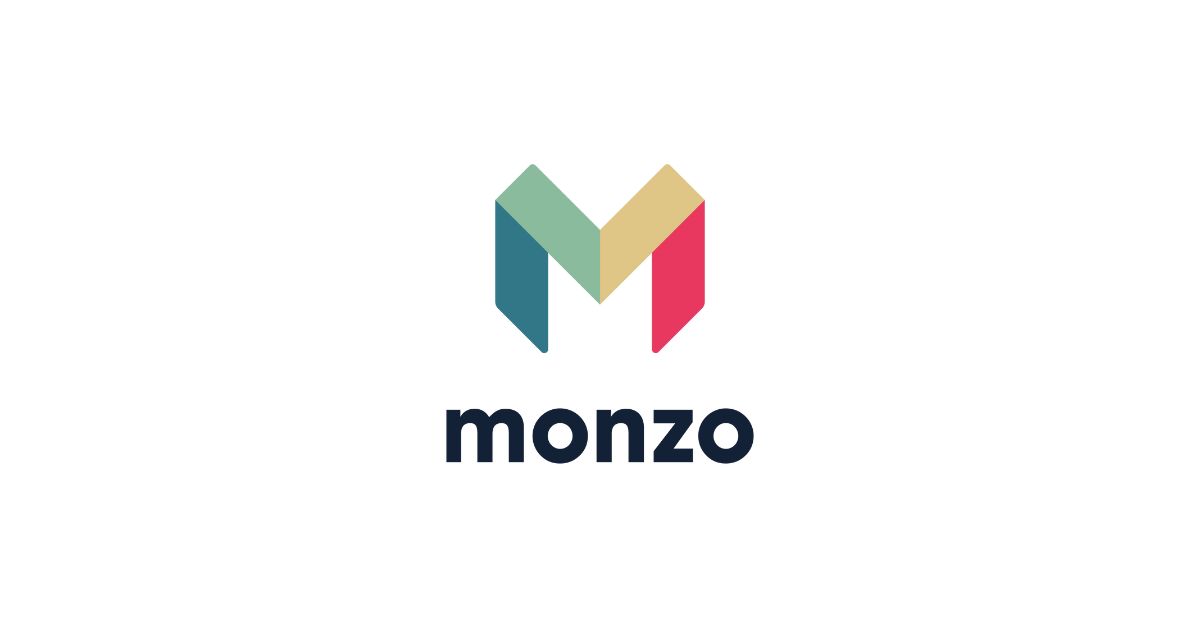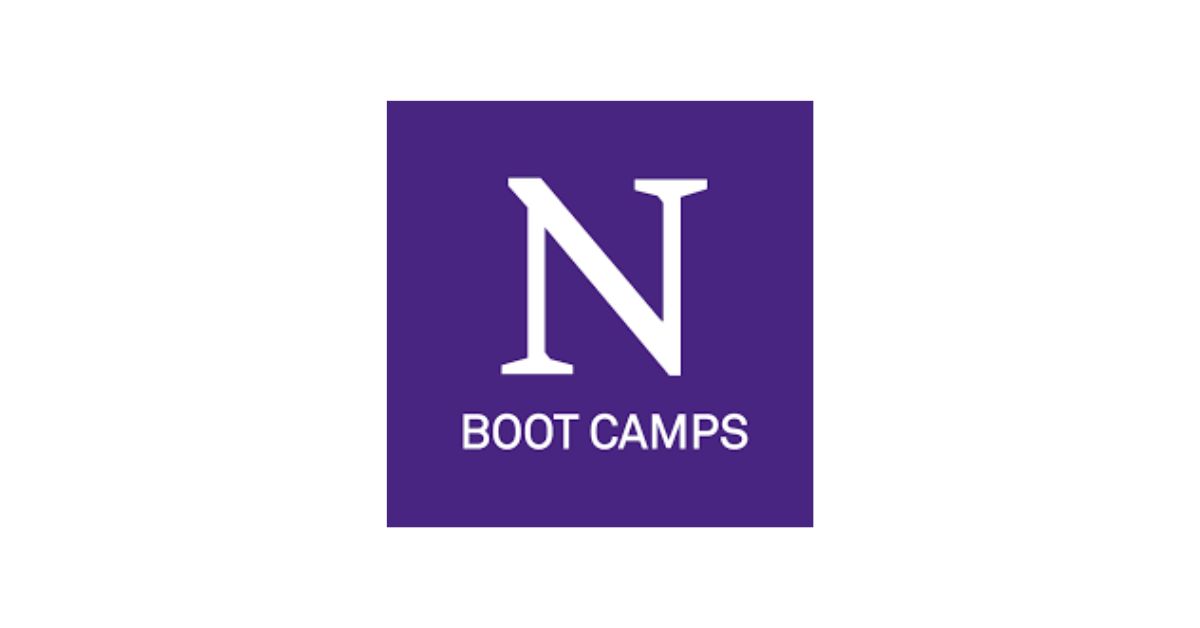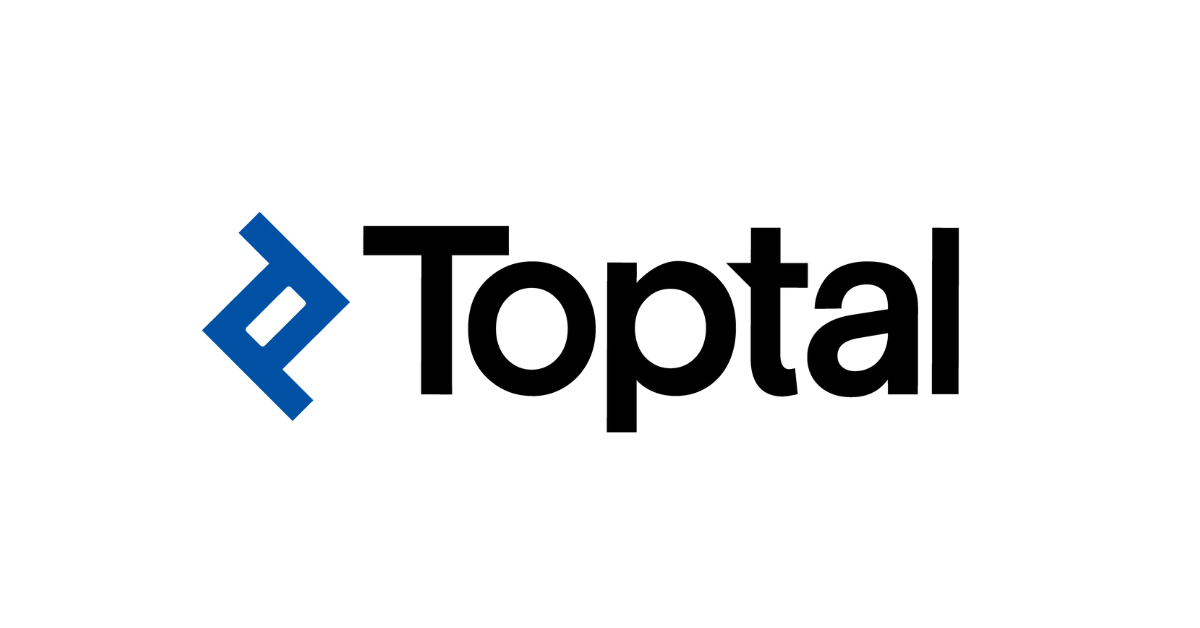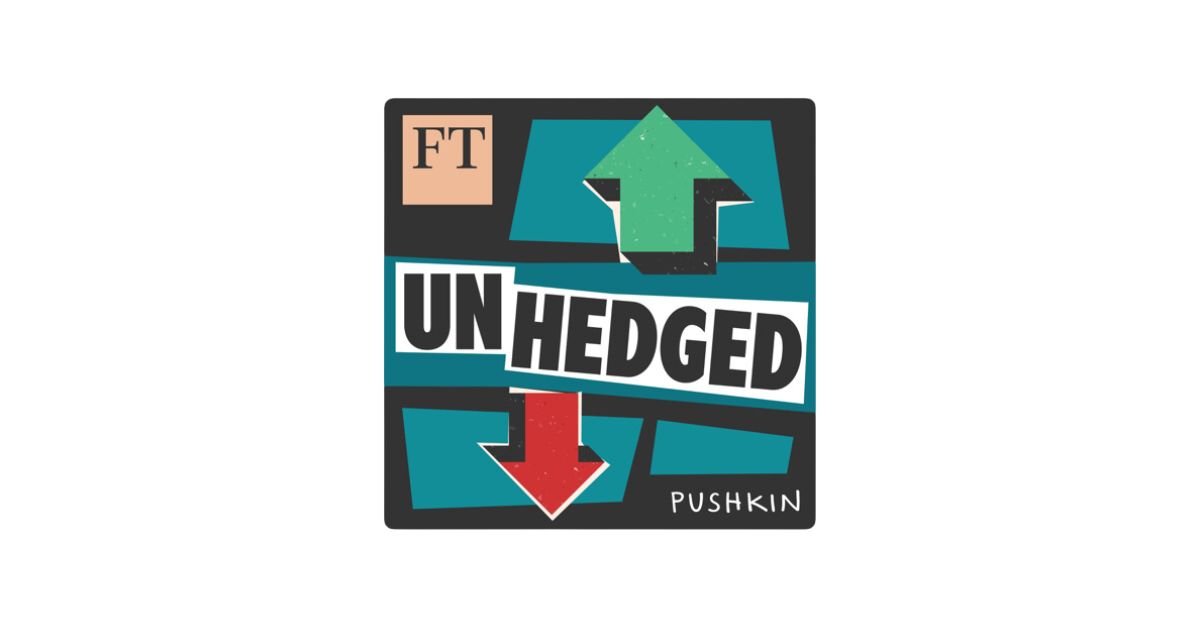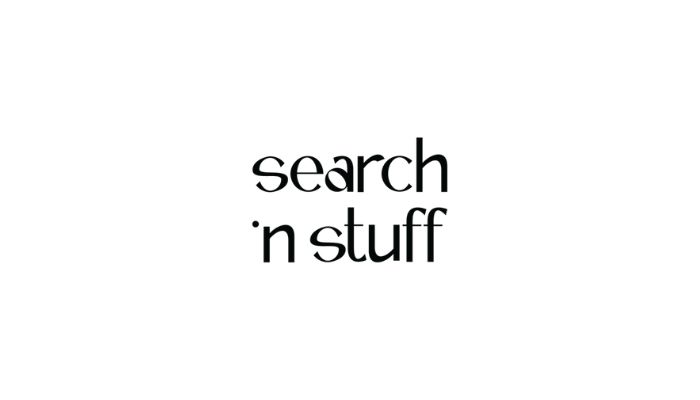Types of Financial Products & Definitions
March 16, 2024, 7 min read
The realm of finance is comprised of a convoluted and intricately interwoven network of products and services that are designed to fulfil a wide variety of requirements and goals. Different financial products each come with their own set of advantages and capabilities, which can range anywhere from the control of day-to-day costs to the accumulation of wealth over time. In this piece, we’ll take a deep dive into the definitions and explanations of essential financial instruments, illuminating their aims and functions along the way.
Credit: Navigating the Path of Borrowing
Credit is the backbone of modern financial operations because it paves the way for individuals and organisations to gain access to funds that they may not have immediately at their disposal. It entails making a commitment to repay money that has been borrowed, including with interest, at a later date. Credit products can take a number of different forms, and each variant serves a particular function.
Credit Cards: A Convenient Financial Tool
Credit cards are probably the most well-known type of credit in existence today. Cardholders are granted the ability to make purchases on credit, which functions in the same manner as borrowing money from the issuing institution. Cardholders receive a credit limit that has already been approved, and any outstanding balances that are not paid off during the grace period are subject to interest charges. Credit cards provide convenience and flexibility for managing day-to-day costs, as well as travel and unexpected expenses.
Derivative: Unraveling Complex Financial Instruments
The value of a derivative is derived from an underlying asset, such as stocks, bonds, commodities, or currencies. Derivatives are complex financial contracts that derive their value from an underlying asset. They are most frequently utilised for the objectives of risk management, speculation, and investing. Options, futures, and swaps are some examples of financial derivatives. The trading of derivatives can be challenging and requires a solid grounding in both the dynamics of the market and the evaluation of risks.
Mutual Fund: Pooling Resources for Diversified Investment
A mutual fund is a type of investment vehicle that pools the money from a number of different participants so that the money can be invested in a diverse portfolio of stocks, bonds, or other assets. Mutual funds, which are managed by qualified fund managers, offer individuals a straightforward method for gaining access to a diverse range of assets without requiring them to manually manage individual stocks. They are a good option for investors who want to diversify their portfolios and receive professional management.
Certificate of Deposit: Locking in Savings for Fixed Returns
A Certificate of Deposit (CD) is a time-bound savings product offered by banks and financial institutions. It involves depositing a fixed amount of money for a specified period at a predetermined interest rate. CDs are considered low-risk investments, making them suitable for those who prioritize capital preservation and a predictable return.
Savings Account: A Secure Haven for Liquid Funds
A savings account is a fundamental type of financial instrument that can be obtained through a bank, credit union, or any other type of financial institution. It offers a secure location to keep money while also allowing for the accumulation of interest. Because of the ease with which funds can be withdrawn from savings accounts, these accounts are an excellent choice for managing day-to-day expenses, saving for a more immediate goal, or both.
Bond: Investing in Debt Securities
Bonds are a type of financial security that can be issued by enterprises, local governments, and national governments in order to raise funds. When an investor buys a bond, they are effectively lending money to the issuer in exchange for receiving interest payments on a regular basis as well as the return of the principal amount when the bond matures. Bonds are highly sought after due to the fixed income they provide and the relative stability they offer, both of which make them an essential component of diverse portfolios.
Securities: Ownership in Financial Instruments
Securities are financial instruments that may be bought and sold, and they reflect ownership or debt in an organisation. Stocks, bonds, and several other investment items are included in this category. While bonds are considered to be debt, stocks are considered to be ownership in a corporation. The buying and selling of securities on stock exchanges provides investors with prospects for the appreciation of their capital as well as the generating of income.
Option: A Contract for Future Transactions
An option is a type of contract that grants the holder the right, but not the responsibility, to buy or sell an underlying asset at a predefined price within a specified period of time. However, the holder is not required to exercise this right or obligation. Options are frequently utilised in investing portfolios for the purposes of speculation, risk management, and hedging. Call options and put options are the two primary varieties that are available.
Car Finance: Driving Your Dreams with Structured Payments
The term “car finance” can refer to a variety of different financial instruments that are aimed to assist individuals in the process of purchasing vehicles. This includes financing for automobiles as well as lease agreements. Leasing provides customers with the ability to utilise a vehicle for a predetermined amount of time in exchange for monthly payments, whereas auto loans require individuals to borrow money in order to purchase a vehicle and then repay it in instalments.
Pension: Securing Your Future Retirement
Pensions are a type of retirement plan that offer individuals a steady stream of income following their retirement from their respective employment. Pensions can be managed individually through retirement accounts, sponsored by employers, or supported by governments. Pensions can also be funded by governments. They are an essential component in achieving the goal of achieving financial security throughout one’s retirement years.
Swap: Exchanging Cash Flows for Risk Management
A swap is a type of financial contract that is made between two parties with the intention of exchanging cash flows that are based on various types of financial instruments. The risk of interest rate swings, currency volatility, and other market variables can all be managed via swaps. They might be difficult to grasp and need for an in-depth knowledge of financial markets as well as measures for risk management.
Cheque: The Classic Payment Instrument
A cheque is a written order that an account holder gives to a bank instructing the bank to pay a certain amount of money to a certain payee. This order is known as a cheque. Checks are still commonly used for a variety of operations, including paying bills and buying purchases, despite the rise in use of electronic payment methods.
Annuities: Guaranteed Income for Life
A financial instrument known as an annuity is one that guarantees a predetermined amount of money on a regular basis for a set amount of time or for the rest of one’s life. It allows consumers to transform a lump sum or regular payments into a predictable stream of payments over time, which is why it is frequently utilised as a solution for individuals’ income needs throughout retirement.
Equity: Ownership Stake in a Company
A company’s equity can normally be held in the form of either ordinary or preferred shares. Equity stands for ownership in a business. Investors who purchase equity in a firm are given the right to a portion of the company’s income and assets. The possibility for both capital appreciation and dividends is offered by stocks, but investors should be aware that stock prices tend to be more volatile than other investment options.
Loan and Mortgage Loan: Borrowing for Various Needs
A financial agreement known as a loan takes place when a lender gives money to a borrower with the expectation that the money will be paid back, typically together with interest, after a predetermined amount of time. Mortgage loans are a type of borrowing that are used specifically for the purpose of purchasing real estate, and the property that is being purchased acts as collateral for the mortgage loan.
Personal Loans: Tailored Funding for Individual Needs
Individuals can utilise personal loans, which are unsecured loans, to pay for a variety of personal needs, including medical bills, home improvements, or the consolidation of their existing debt. Unlike secured loans, personal loans do not require the borrower to provide any collateral and are often awarded based on the borrower’s creditworthiness.
Conclusion
The market for financial products has a wide variety of options that can be adapted to meet a variety of requirements and objectives. The vast selection of financial products gives individuals and organisations the opportunity to realise their monetary goals in a variety of ways, including the management of day-to-day expenses, the preparation for retirement, and the making of investments for the future. You will have the ability to make educated selections that are in line with your financial goals if you have a solid understanding of the meanings and functions of these goods. Before you go into the world of money, you should always be sure to do extensive study, get guidance from professionals, and seriously consider how much of a risk you are willing to take.



